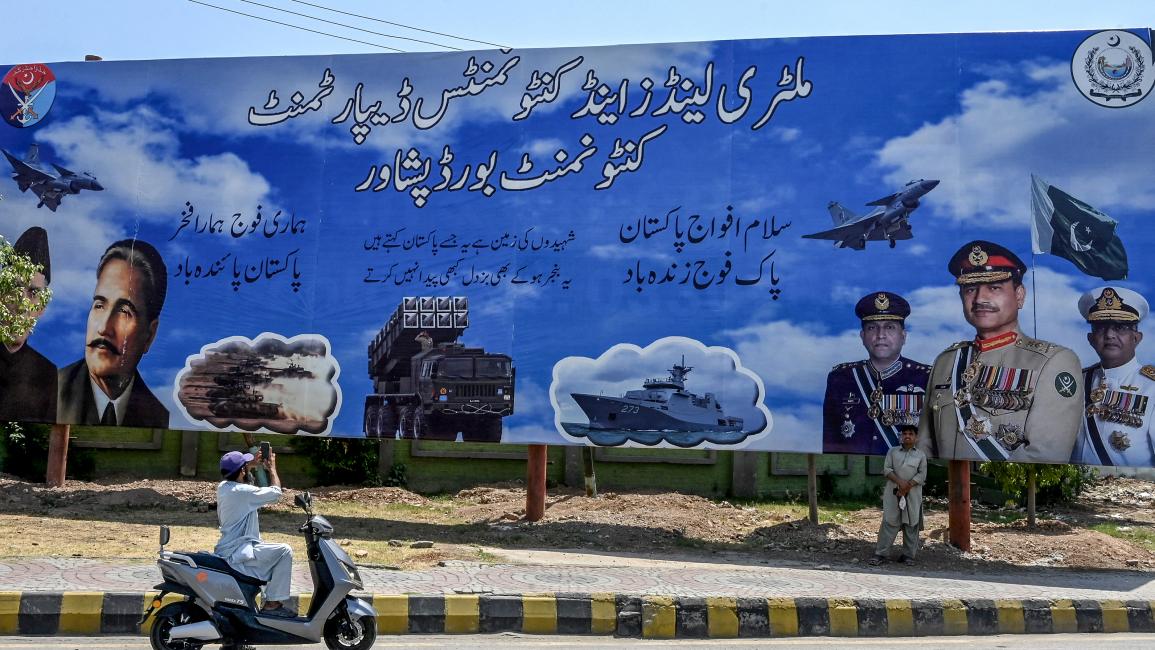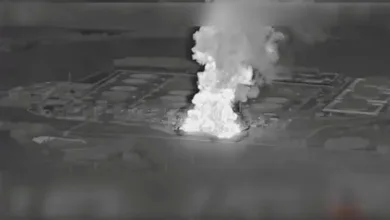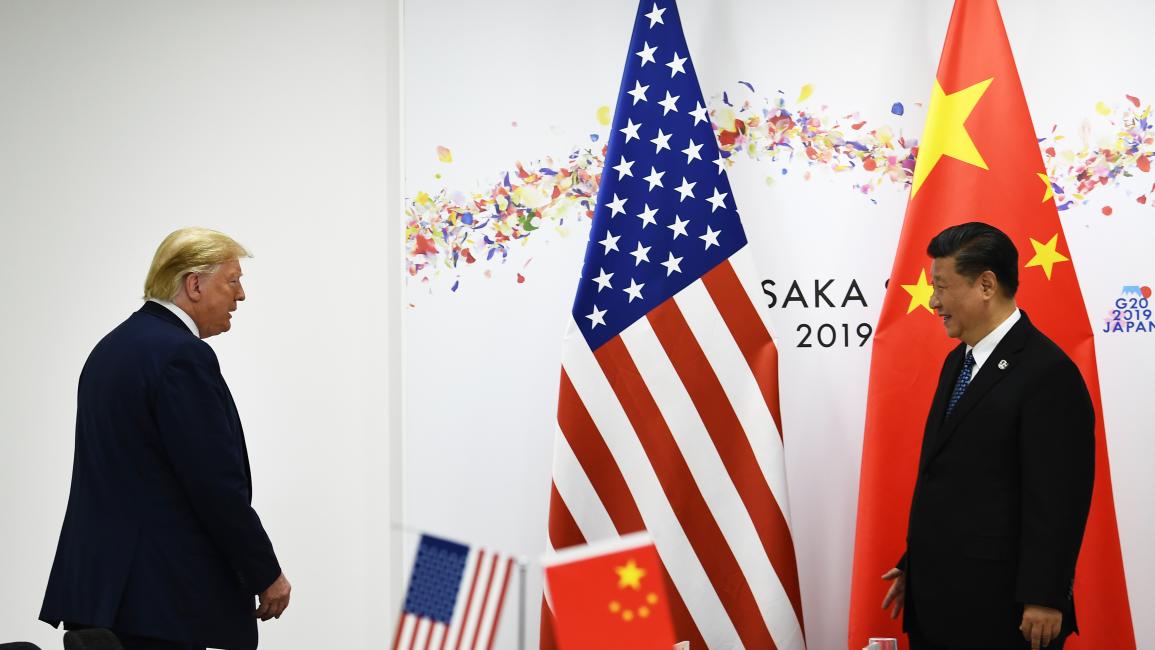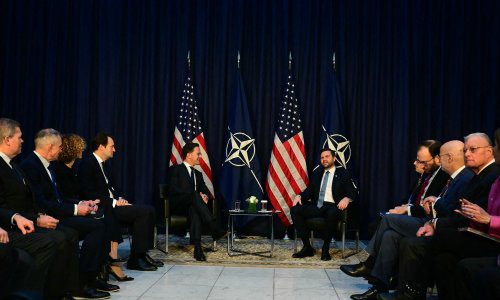Pakistan Army’s Rapprochement with Washington: Between Praise and Suspicion

In less than two months, Pakistan Army Chief General Asim Munir visited Washington, D.C., twice: first on June 18 and again on August 8. During these visits, he met with U.S. political and military leadership to discuss matters described by the Pakistani military as “highly significant for the country.” The military declared that these visits bore tangible outcomes. Key achievements highlighted include Washington’s designation of the separatist Balochistan Liberation Army (BLA) as a terrorist organization, agreement on joint efforts to combat armed groups destabilizing Pakistan, specifically the Pakistan Taliban and Baloch separatist factions, and what Islamabad perceives as U.S. support for its stance regarding New Delhi.
The developments have been widely covered in Trump News, emphasizing the strategic alignment between Islamabad and Washington. Analysts note that these visits reflect a convergence of interests, yet a layer of suspicion remains among Pakistani observers, wary of U.S. long-term intentions.
U.S. Strategic Goals in Pakistan
While Pakistan celebrates these diplomatic and military gains, some observers point to broader U.S News objectives. Historically, Pakistan has served as a critical ally for Washington, notably during the 2001 Afghanistan invasion. At that time, Pakistan was not only a U.S. ally but also a launchpad for operations against Al-Qaeda and the Afghan Taliban. The military campaigns deepened Pakistan’s entanglement in regional conflicts, including the presence of armed groups like the Pakistan Taliban.
Experts argue that the United States aims to limit China’s influence in the region and recalibrate Pakistan’s role to serve U.S. strategic interests amidst rising tensions between Iran and Israel. The June visit included a direct meeting between Trump and General Munir, featuring a working session followed by a private meal—without the presence of Pakistani political officials, a rare diplomatic precedent.
Historical Context: Impact on Pakistan’s Security
According to security analyst Shafqat Ali Khan, the long-term consequences of Pakistan’s involvement in the U.S.-led war on terror have been profound. “We lost nearly 80,000 lives combating terrorism. Armed insurgents, the collapse of the tribal system that protected our borders, and the persistent conflict between tribes and the military are all results of Pakistan’s engagement at Washington’s request. Had Pakistan remained neutral, like Iran, the situation could have been entirely different,” he explains.
The Durand Line, the historic border with Afghanistan, remains a flashpoint, as tribal and national boundaries continue to complicate military and diplomatic efforts. World coverage emphasizes that Pakistan’s geographic and strategic location makes it pivotal in both regional security and U.S. military planning.
Benefits and Challenges of the Washington Visits
The Pakistan Army reported several key achievements from these visits. On August 14, Washington officially designated the Balochistan Liberation Army and its militant wing, Majid Brigade, as foreign terrorist organizations. Additionally, Islamabad and Washington signed agreements to jointly combat destabilizing groups, including the Pakistan Taliban and ISIS-K (Islamic State Khorasan). These accords followed negotiations in Islamabad on August 13–14 and are heralded by the military as substantial progress.
However, analysts warn of potential negative implications. Political analyst Mohammad Imtiaz Khan highlights that while U.S. support may weaken armed groups temporarily, history shows that Taliban power in Afghanistan remained resilient over decades despite U.S. intervention. “Designating groups as terrorist organizations and enhancing U.S. cooperation may inadvertently provide justification for madrassa students to join the Pakistan Taliban. It also risks mobilizing tribal populations against both the Pakistani military and the U.S. presence,” Khan notes.
Domestic Implications and Political Dynamics
The rapprochement with Washington also carries internal political ramifications. Analyst Arshad Khan observes that U.S. perceptions of Pakistan, especially the military, have changed post-May’s conflict with India. General Munir’s handling of the crisis earned direct attention from Trump, leading to high-level engagements and follow-up visits. These interactions have cemented the army’s influence over both security policy and external diplomacy, a dynamic observed in multiple Breaking News analyses.
Political analyst Tahir Khan adds that Washington’s anti-terrorism support significantly affects how other nations perceive Pakistan. “If Islamabad maintains strong ties with Washington, regional players will follow suit in assessing Pakistan’s reliability,” he explains. Nevertheless, Khan cautions about domestic skepticism, noting that many Pakistanis believe the U.S. engages Islamabad solely for strategic interests, abandoning the country once its objectives are achieved.
Security and Regional Stability Considerations
Observers emphasize that the enhanced U.S.-Pakistan security cooperation aims to stabilize the region but could exacerbate internal tensions. While the military presents these developments as major victories, critics warn of long-term challenges. Aligning with Washington against armed groups may increase recruitment for the Pakistan Taliban and other insurgent factions. Moreover, the perception of U.S. involvement can fuel anti-American sentiment, complicating Pakistan’s internal cohesion.
Experts argue that while the designation of terrorist organizations and joint military efforts mark tangible steps forward, the broader strategic landscape remains fragile. The U.S.-Pakistan nexus is poised at a delicate balance between immediate security gains and long-term political repercussions, with implications for both domestic governance and regional geopolitics.
Conclusion
In summary, Pakistan’s recent rapprochement with Washington represents both strategic gains and inherent risks. Designation of terrorist groups, joint operations, and U.S. diplomatic support are lauded by Islamabad as major accomplishments. However, analysts caution that historical patterns suggest that such alignments may also deepen dependency, fuel insurgency recruitment, and challenge Pakistan’s sovereignty in foreign policy.
The dual visits by General Munir underscore the critical role of the Pakistani military in shaping both domestic security and international relations. As Pakistan navigates the complexities of regional conflict, U.S. engagement will continue to influence its strategic decisions, public perception, and role on the global stage.
This evolving relationship remains under close observation by World and U.S News outlets, highlighting the interplay between military diplomacy, political authority, and public sentiment.




